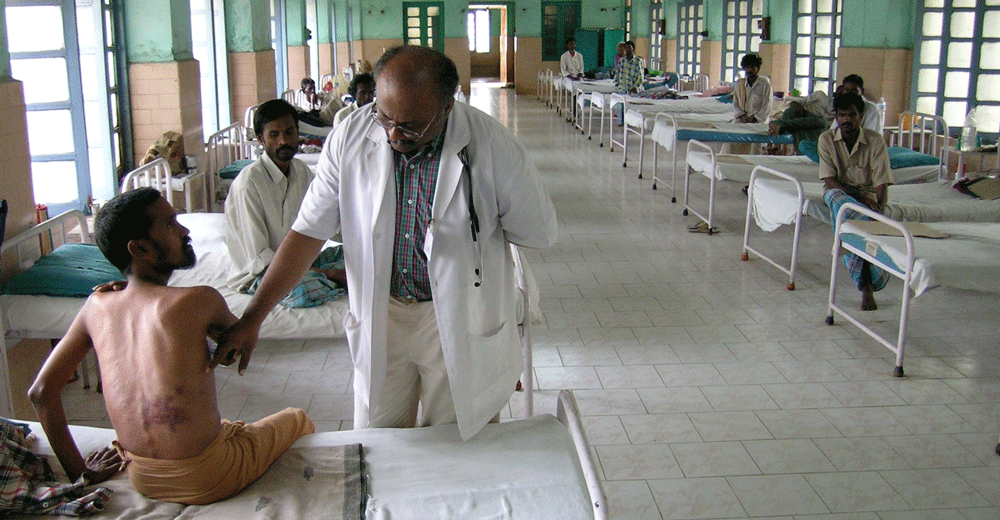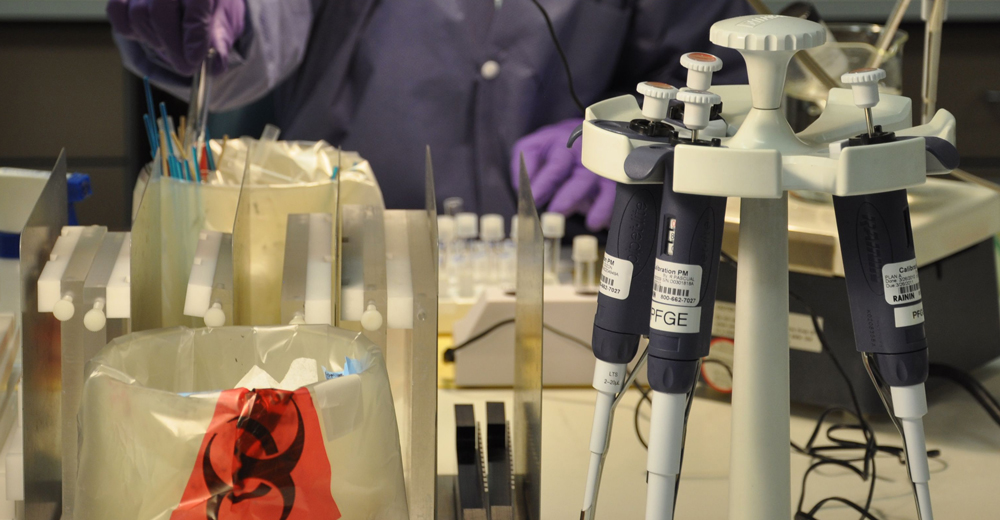I-TECH works to strengthen the quality of pediatric HIV care and treatment in Namibia through the development of a “model” pediatric HIV clinic and supporting decentralization of quality pediatric care to other facilities. In collaboration with the Ministry of Health and Social Services, I-TECH developed an innovative, structured, culturally-relevant intervention to help guide health care workers and caregivers of HIV-positive children through the process of disclosing a child’s HIV-positive status to the child.
An evaluation of the disclosure program showed that it increased health care worker and caregiver confidence and communication in pediatric disclosure, as well as demonstrating improved viral suppression, adherence, and HIV knowledge among pediatric patients. I-TECH clinicians have also worked at the site level to support the development, implementation, and monitoring of strategies to improve adolescent HIV services and transition of adolescents from pediatric to adult care.
In accordance with the HIV Care Continuum, I-TECH supports direct HIV care and treatment service delivery as well as on-site clinical mentoring and technical assistance in 81 facilities in five regions of Namibia. I-TECH supports key evidence-based strategies such as provider-initiated HIV counseling and testing, eMTCT, and decentralization of ART services to the clinic.
In collaboration with the MoHSS, I-TECH is implementing “Treatment for All” guidelines (December 2016), an HIV care and treatment approach that initiates patients on lifelong antiretroviral therapy as soon as they test HIV-positive. I-TECH has developed an interactive education and counseling intervention, ARVs and Healthy Me, for health care workers to support HIV-positive patients in attaining good adherence and engagement in care.
To improve the quality of data for use in clinical decision-making, I-TECH actively participates in national technical working groups and advisory committees, and conducts rigorous monitoring and evaluation (M&E) to build awareness and buy-in for data quality and date use among site-level managers and health care workers.
I-TECH has a wealth of experience and expertise in planning, developing, and implementing projects focused on prevention, care, and treatment of infectious diseases, particularly HIV and opportunistic co-infections such as tuberculosis (TB) and sexually transmitted infections.
(more…)
I-TECH works to strengthen the following systems that support the provision of high-quality, sustainable prevention, care, and treatment of infectious diseases. (more…)
I-TECH applied the Clinical Assessment for Systems Strengthening (ClASS) methodology and tools to assess over 30 regional and local HIV care sites and facilities since 2014.
Continue reading “Quality Improvement in Ukraine”
I-TECH in Ukraine has worked to implement the Training System Monitoring and Reporting Tool (TrainSMART) via its partners, supporting adaptation of the tool per partners’ specifications and training stakeholders on its use since 2013.
Continue reading “Strategic Information in Ukraine”
A key focus for I-TECH in Ukraine is strengthening the capacity of local partners to develop and deliver high-quality clinical trainings and expand the supply of skilled health care workers.
Continue reading “Human Resources for Health in Ukraine”
It is critical that health care providers receive the necessary training to empower them to improve patient outcomes CHARESS supports both pre-service and in-service training efforts in Haiti. In particular, CHARESS is a key partner of MSPP in maintaining its national clinical guidelines. Continue reading “Workforce Development in Haiti”
I-TECH’s Health Information Systems Team lies within the Health Systems Strengthening division. The team has significant capacity in the rapidly expanding field of Health Information Systems for resource-limited clinical settings. I-TECH develops and deploys systems and provides technical assistance and training on electronic medical records, laboratory information management, disease surveillance, national eHealth architecture design, national standards for data transfer and system interoperability, and data use for improved clinical service delivery.
Program Highlights
Nancy Puttkammer is an Acting Assistant Professor within the Department of Global Health at University of Washington and is the faculty co-lead of the Digital Initiatives Group at I-TECH (DIGI). Her interests are in strengthening health information systems and promoting data use and for quality improvement of health programs in resource-limited settings. She is trained as a health services researcher, specializing in using observational, routinely-collected data from electronic medical records (EMRs) to strengthen HIV care and treatment programs.
In her capacity as a Research and Evaluation Advisor at the International Training and Education Center for Health, Dr. Puttkammer works with informatics and training projects in Haiti, Kenya, and South Africa to improve large-scale implementation of EMRs, evaluate data quality and data use, support data analyses, and develop capacity for data use and implementation science research among colleagues and counterparts. Dr. Puttkammer has a PhD in Health Services from the University of Washington and an MPH in Community Health Education from the University of California, Berkeley.
Program Highlights


